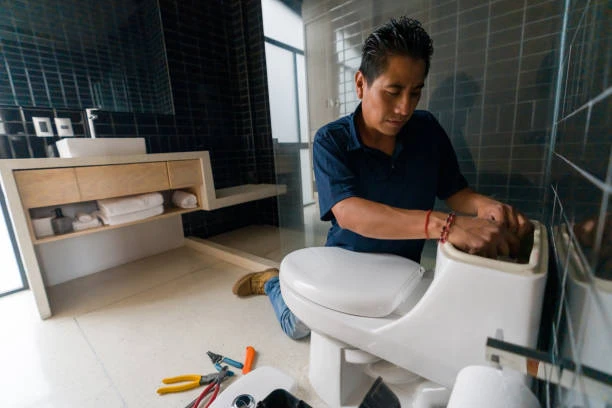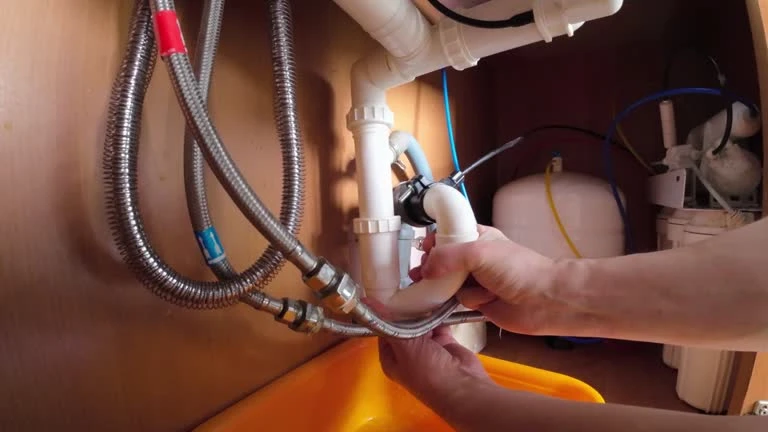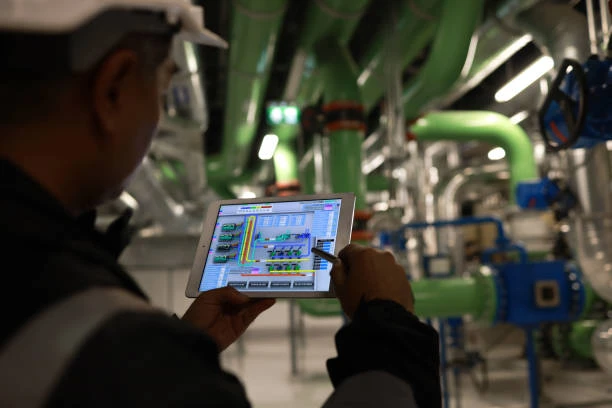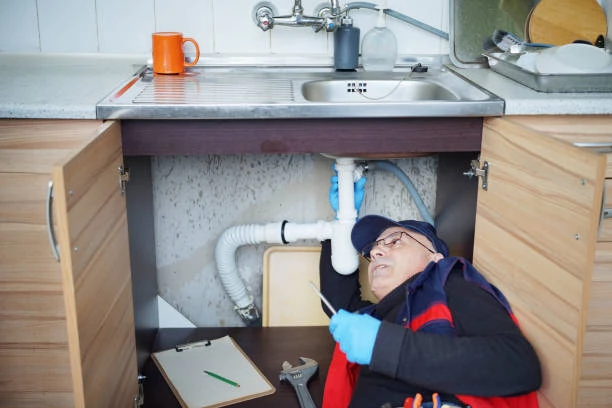Introduction to Ball Valve in Pharmaceuticals
mini ball valve play a crucial role in the pharmaceutical industry. They regulate the flow of liquids, gases, and slurries in various production processes. The pharmaceutical sector demands high standards of safety and hygiene. Therefore, selecting the right valve type is essential. Mini ball valves, in particular, are gaining popularity due to their compact size and efficiency. These valves are perfect for applications where space is limited. This article explores several case studies highlighting the importance and effectiveness of ball valves in pharmaceutical production.
Case Study 1: Mini Ball Valves in Sterile Processing
In sterile processing, maintaining a sterile environment is critical. A pharmaceutical company implemented mini ball valves in their sterile water system. These valves provided precise flow control while preventing contamination. The compact design allowed easy installation in tight spaces. Additionally, the smooth operation of mini ball valves ensured minimal turbulence. This feature prevented the introduction of contaminants into the sterile water supply. The company reported a significant improvement in their sterilization processes. The mini ball valves helped maintain the required pressure and flow rate, ensuring consistent results.
Case Study 2: Ball Valve in API Production
Active Pharmaceutical Ingredients (APIs) require strict control of manufacturing conditions. A leading pharmaceutical manufacturer upgraded their valve systems to include mini ball valves. These valves allowed for accurate control of chemical feed during API synthesis. The company faced issues with traditional valves, such as leaks and pressure drops. By switching to mini ball valves, they achieved better sealing and reduced maintenance costs. The new valves also improved the overall efficiency of the production process. The manufacturer reported a 15% increase in yield due to improved flow control. This case illustrates the advantages of mini ball valves in API production.
Case Study 3: Ball Valve in Biopharmaceutical Applications
Biopharmaceutical production involves complex processes that require precision. One biopharmaceutical company integrated mini ball valves into their fermentation systems. These valves facilitated the control of gas and liquid flow during fermentation. The compact size of mini ball valves allowed for easy integration into existing systems. Additionally, their reliable performance ensured consistent conditions for microbial growth. The company observed enhanced fermentation rates and improved product quality. The mini ball valves enabled efficient control of critical parameters such as pH and oxygen levels. This case study highlights the effectiveness of mini ball valves in biopharmaceutical applications.
Case Study 4: Mini Ball Valves in Cleaning Processes
Cleaning-in-Place (CIP) systems are essential in pharmaceutical manufacturing. A company adopted mini ball valves in their CIP process to improve efficiency. The valves allowed for precise control of cleaning solutions and rinsing cycles. This control minimized the risk of cross-contamination between batches. By implementing mini ball valves, the company achieved faster cleaning cycles. The valves’ compact design made them suitable for installation in limited spaces. As a result, the manufacturer reported a reduction in downtime and increased productivity. This case demonstrates the role of mini ball valves in maintaining hygiene standards in pharmaceutical processes.
Case Study 5: Ball Valves in Vaccine Production
Vaccine production requires stringent safety and quality measures. A pharmaceutical company incorporated mini ball valves into their vaccine formulation systems. These valves provided accurate flow control for active ingredients and adjuvants. The company faced challenges with traditional valves that led to inconsistent dosing. The switch to mini ball valves improved accuracy and reduced waste. The precise flow control ensured that each vaccine batch met quality standards. The company noted a 20% reduction in material waste, contributing to cost savings. This case emphasizes the significance of mini ball valves in critical applications like vaccine production.
Case Study 6: Mini Ball Valves in Liquid Handling
Handling liquids in pharmaceutical processes demands reliable equipment. A leading pharmaceutical manufacturer used mini ball valves in their liquid transfer systems. These valves allowed for smooth and controlled liquid flow. The company experienced issues with leaks and flow inconsistencies with previous valve types. By switching to mini ball valves, they improved efficiency and safety in their operations. The valves’ design minimized the risk of leaks, ensuring a clean working environment. The manufacturer reported an increase in operational reliability and a decrease in maintenance costs. This case highlights the importance of mini ball valves in liquid handling applications.
Case Study 7: Ball Valves in Packaging Systems
Packaging plays a critical role in pharmaceutical production. A pharmaceutical company integrated mini ball valves into their packaging lines. These valves controlled the flow of liquids during the filling process. The company faced challenges with traditional valves, which often caused spills and waste. The use of mini ball valves improved the accuracy of filling operations. Their compact design allowed easy integration into existing packaging systems. As a result, the company reported a 30% reduction in filling time and a significant decrease in product loss. This case illustrates the contribution of mini ball valves to efficient packaging processes.
Conclusion: The Future of Mini Ball Valves in Pharmaceuticals
The case studies demonstrate the effectiveness of mini ball valves in various pharmaceutical applications. Their compact size, reliability, and precise flow control make them ideal for the industry. As pharmaceutical processes become more complex, the demand for efficient and safe valve solutions will increase. Mini ball valves will continue to play a crucial role in meeting these demands. Innovations in valve technology will further enhance their performance and reliability. The future of pharmaceutical production will likely see an even greater reliance on mini ball valves for achieving high standards of safety and efficiency.
IFAN Products international standards
IFAN products strictly adhere to a comprehensive range of international standards, encompassing ISO 15874, EN 15874, ASTM F2389, DIN 8077/8078, GB/T 18742, NBR 15884, ISO 15494, EN ISO 15494, GB/T 19472, NBR 15494, ASTM 2846 (501), DIN 8079/8080 (502), ASTM F441/F441M SCH80 (503), DIN (504), DIN (505), GB/T 18993, AS/NZS 1477, CSA B137.6, NSF/ANSI 14, TIS 17-2532/1131-2535, BS 3505, BS 4346 (801), ASTM D1785 SCH40 (802), ASTM D1785 SCH80 (803), DIN (804), GB (805), GB (806), GB(901), DWV(902), ASTM D2665 (903), along with ASTM D2241, D2665, D2729, and F441/F441M series, ISO 1452, EN ISO 1452, DIN 8061/8062, GB/T 10002, AS/NZS 1477, JIS K6741, CSA B137.3, and other national and industry norms.
Connect
IFAN is a Chinese manufacturer of plastic pipes, fittings and valves with 30 years of experience. If you are interest in IFAN copper fittings, copper valves, plastic pipes and fittings, please contact us. IFAN offers you a variety of standard pipes to meet your specific needs. Click below to learn more about IFAN’s wide range of affordable and cost-effective valve products and piping system related products.
We will reply your email or fax within 24 hours.
You can call us at any time if there is any question on our production.
For more information,pls visit our webside https://waterpipefitting.com/
Pls Mailto: [email protected]
Whatsapp: +86 15088288323














Recent Comments